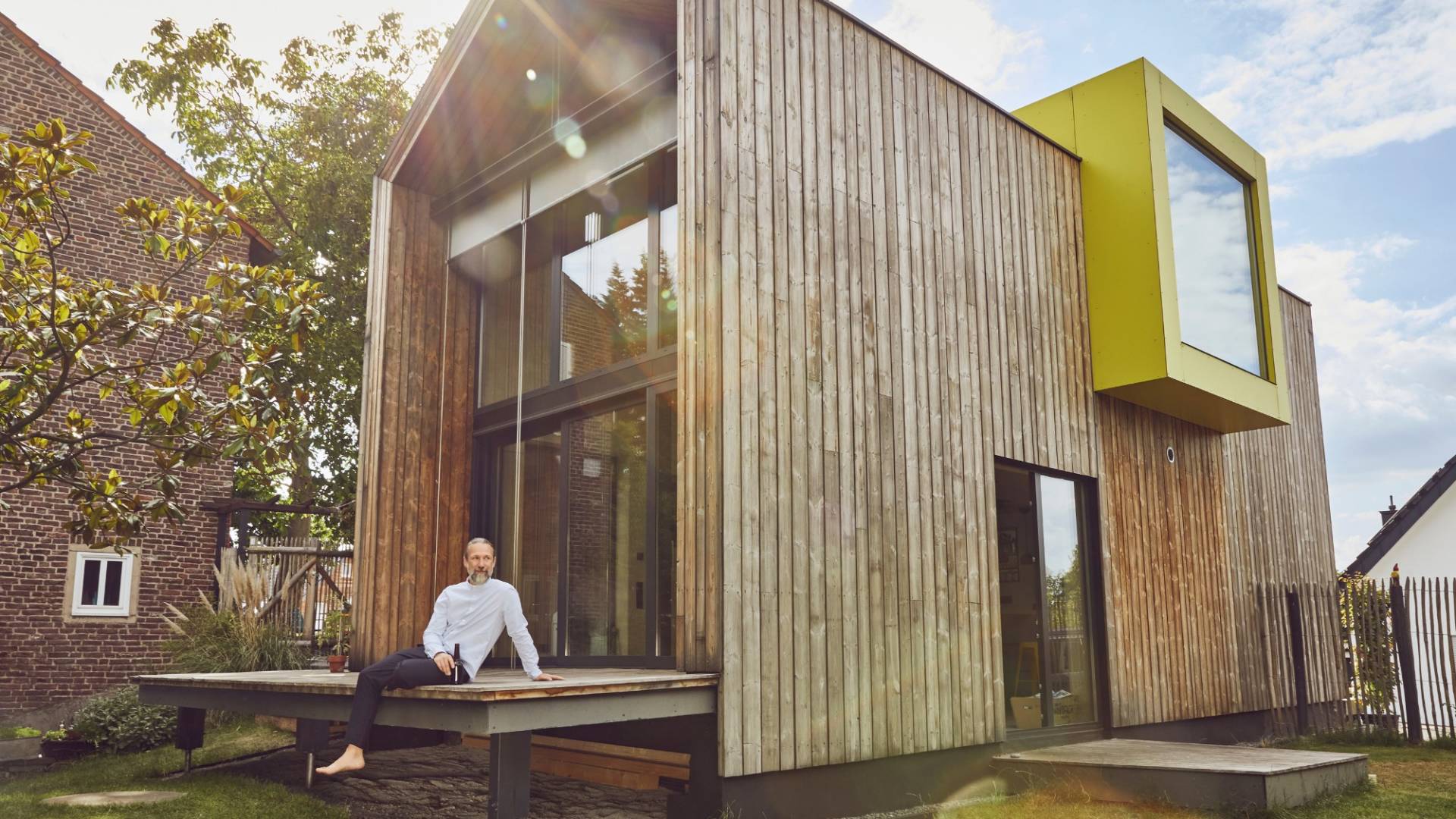We use cookies to make its website more user-friendly, secure and effective. Cookies collect information about the use of websites. Further information: Information on data protection

Variable-rate mortgages. For special cases.
What is a variable-rate mortgage?
A variable-rate mortgage is a form of financing that has neither a fixed interest rate nor a fixed term. The lender is free to determine the interest rate, while the term is in principle unlimited and defined by a three- or six-month notice period. A variable-rate mortgage is the most expensive type of financing and is primarily utilised when the utmost flexibility is required. They are only considered in special cases, for example, when bigger repayments or a property sale are planned. Even if there are lots of unknown factors at the time the mortgage is taken out and the borrower is not yet in a position to decide on a mortgage solution, the variable-rate mortgage can be considered as a temporary solution.












